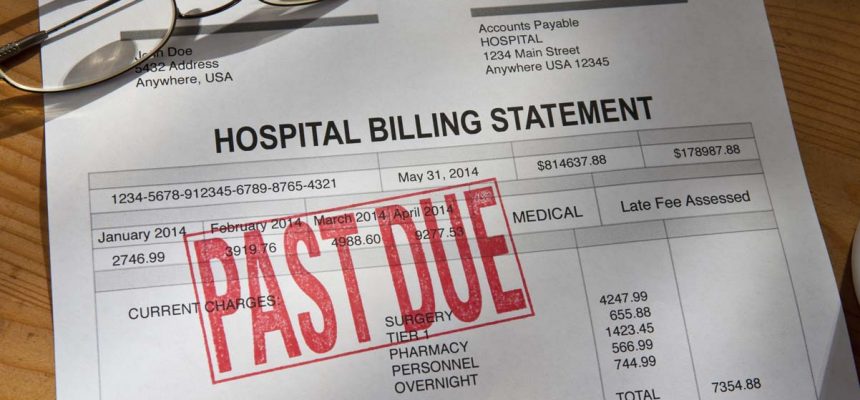Ohioan Shares Story of Crippling Medical Debt Caused by Emergency Surgery
By Consumers for Quality Care, on July 17, 2024

Jonathan Kershaw, a Columbus resident, recently penned a column in The Columbus Dispatch about how his emergency gallbladder removal surgery resulted in a $76,000 bill, forcing him to move out of his residence and file for bankruptcy.
After complaining of stomach pains last year, doctors determined that Kershaw needed his gallbladder removed. Kershaw was just days away from qualifying for health insurance through his employer but knew the operation couldn’t wait. “I knew the surgery would put me in a financial hole,” he said, “but I had no idea how deep.”
The $76,000 cost of the surgery is more than Kershaw makes in a year. When he tried to work with the hospital to lower the bill, they put him on a monthly payment plan of $1,200, which is more than his rent. Kershaw, who worked as a massage therapist, attempted to work more hours to pay the debt off faster, but doing so led him to overuse his hands and forearms. He was forced eventually to leave the profession and take low-wage jobs instead. As a result, he can no longer afford his rent and has begun the process of filing for bankruptcy to get out from under this medical debt.
Kershaw is most upset by the lack of price transparency in the health care industry, which makes it difficult for consumers to know how much a medical procedure will cost. “If I could have pulled up gallbladder surgery prices on my phone — the way consumers can compare last-minute airfares or hotels — I would have chosen an affordable option and avoided financial ruin,” said Kershaw.
According to the Urban Institute, about one in six Ohio residents have medical debt in collections. Kershaw believes Ohio hospitals are taking “advantage of patients” and acting as “profiteers” of Ohio consumers.
CQC urges lawmakers and insurers to find solutions so that consumers don’t need to go into debt for seeking the care that they need. CQC also calls for more oversight to ensure that hospitals release accurate price transparency data in a timely, accessible, and consumer-friendly way. Patients have a right to the information they need to compare costs, and hospitals should be held accountable when they fail to provide this information.




